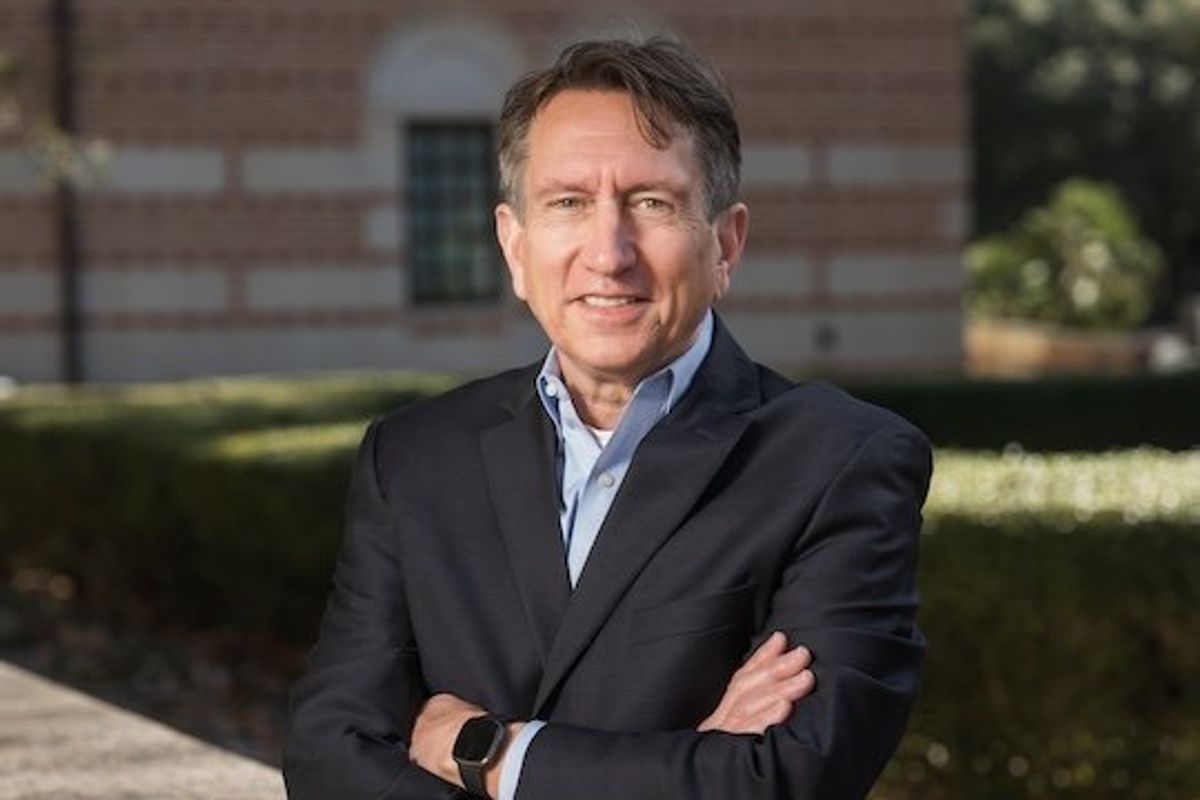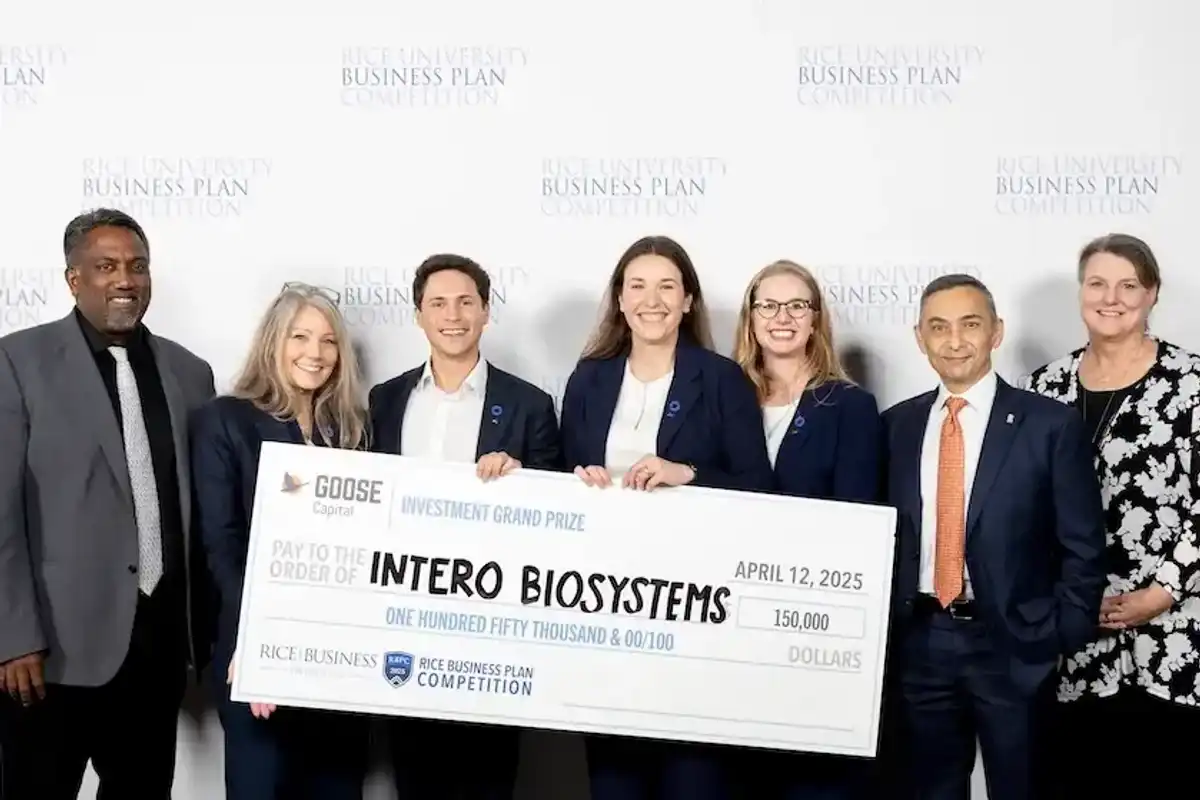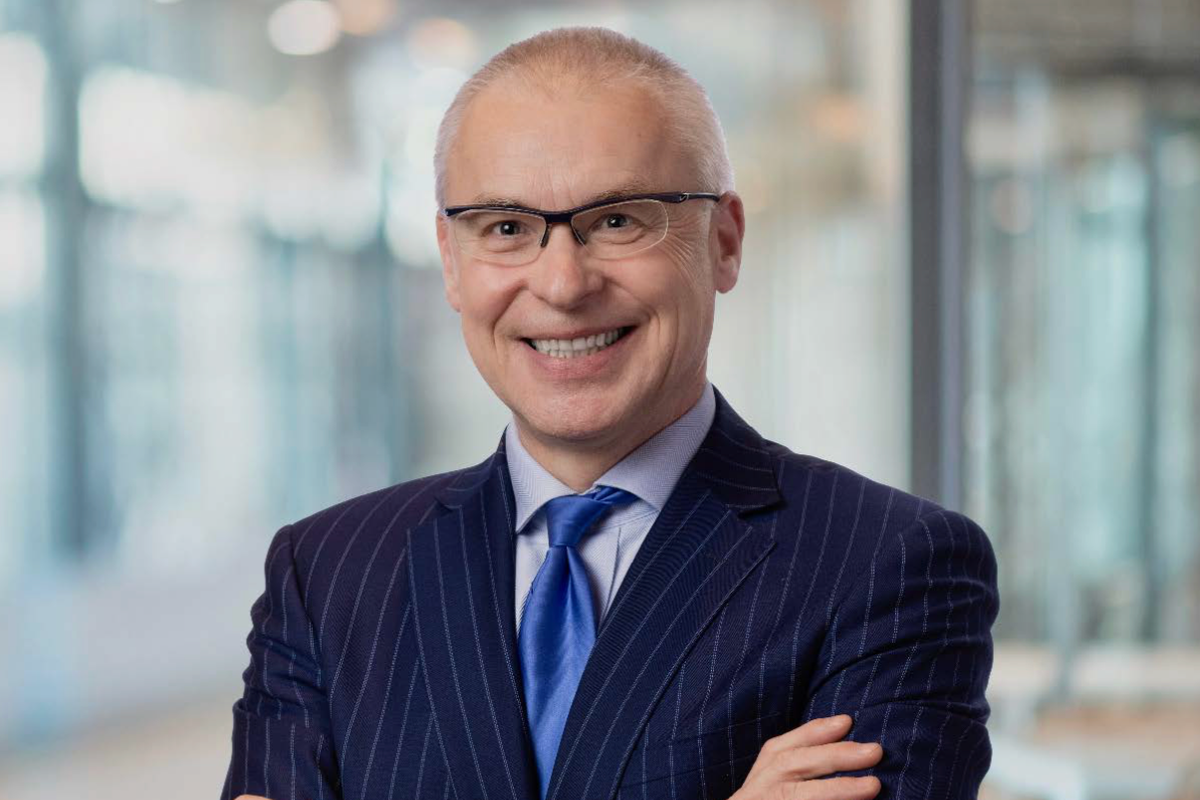University of Houston professor receives international energy award for pioneering work in electric vehicles
world renown
A University of Houston engineering professor who’s a pioneer in the realm of electric vehicles has received the most coveted prize in the field of international energy.
Kaushik “Raja” Rajashekara, distinguished professor of engineering at UH, has been awarded the Global Energy Prize from the Global Energy Association. It’s the energy sector’s equivalent of the Nobel Prize for science or the Oscar for films.
Rajashekara, who joined UH in 2016, is just one of three “laureates” selected this year among 119 nominees from 43 countries. The Global Energy Association announced the winners July 12.
Rajashekara is the former lead propulsion system engineer for General Motors’ IMPACT electric vehicle. But he’s perhaps better known as the developer of technology that led to the first commercially produced electric vehicle, the GM EV1, in 1995. He continued working on electric and hybrid cars at GM until 2006, when he joined Rolls Royce to work on electric and hybrid aircraft.
“Professor Rajashekara does not see limits, only possibilities. Electric vehicles are changing the way the world moves, and he has played a vital role in the exploration and improvement of this innovation,” Renu Khator, president of UH, says in a news release.
Rajashekara won the prize for outstanding contributions to transportation electrification and energy efficiency technology while reducing power-generation emissions. He holds 36 U.S. patents and 15 foreign patents.
Rajashekara will pick up his award in October during Russian Energy Week in Moscow.
“This award definitely shows the importance of energy efficiency improvement and reducing emissions, particularly in the area of transportation, which is responsible for a significant portion of global emissions,” he says.





